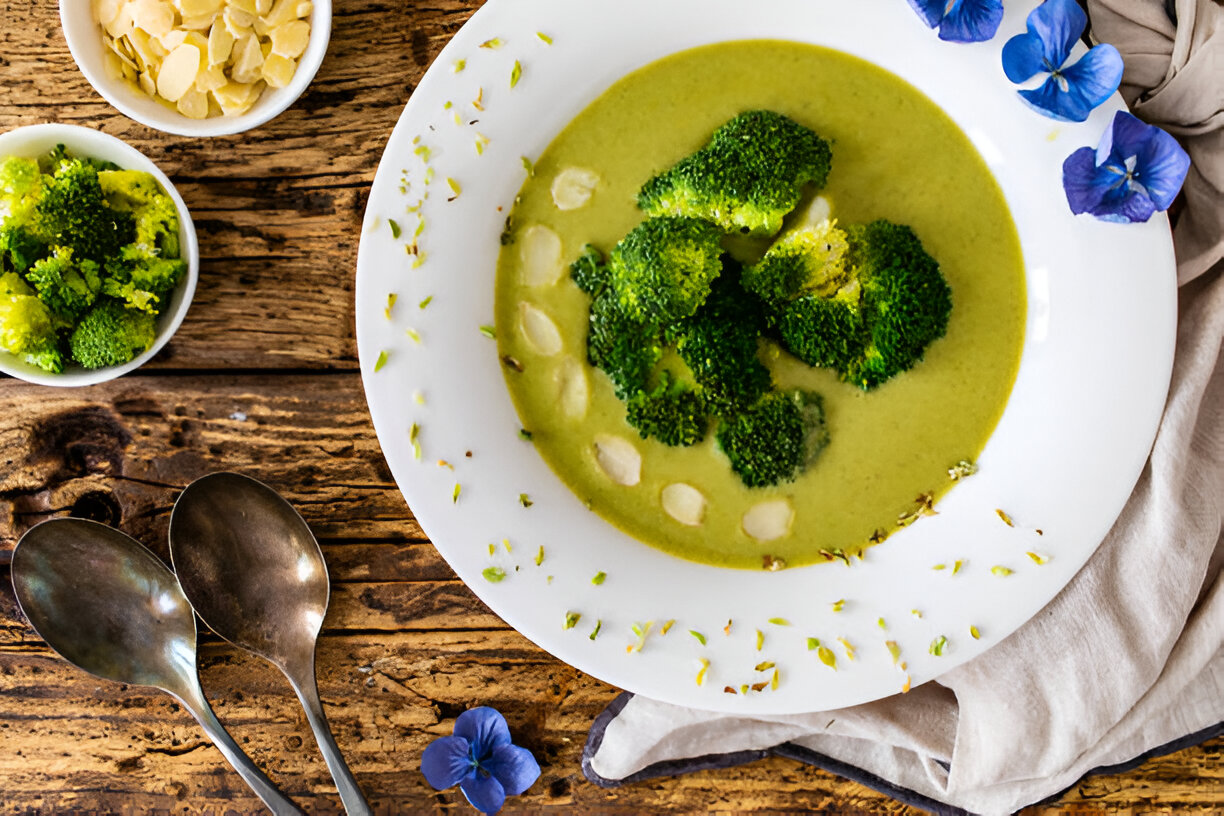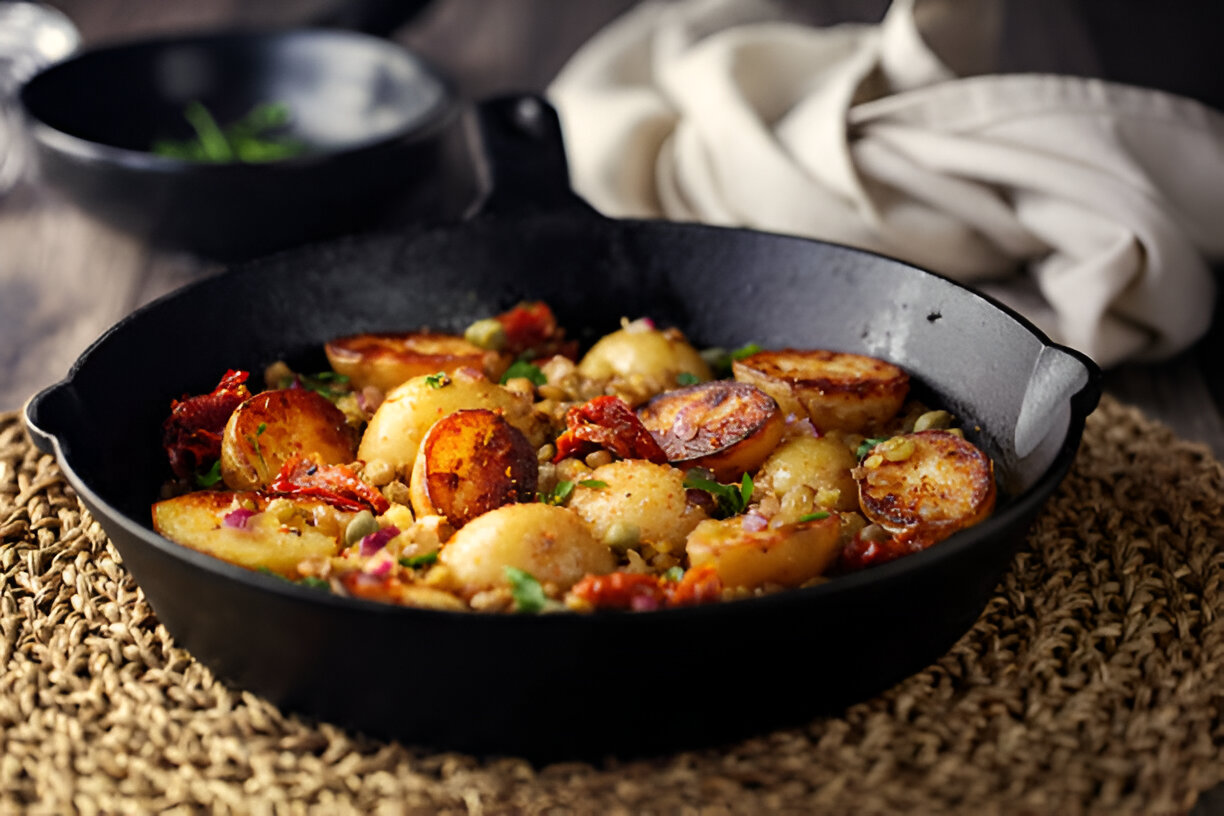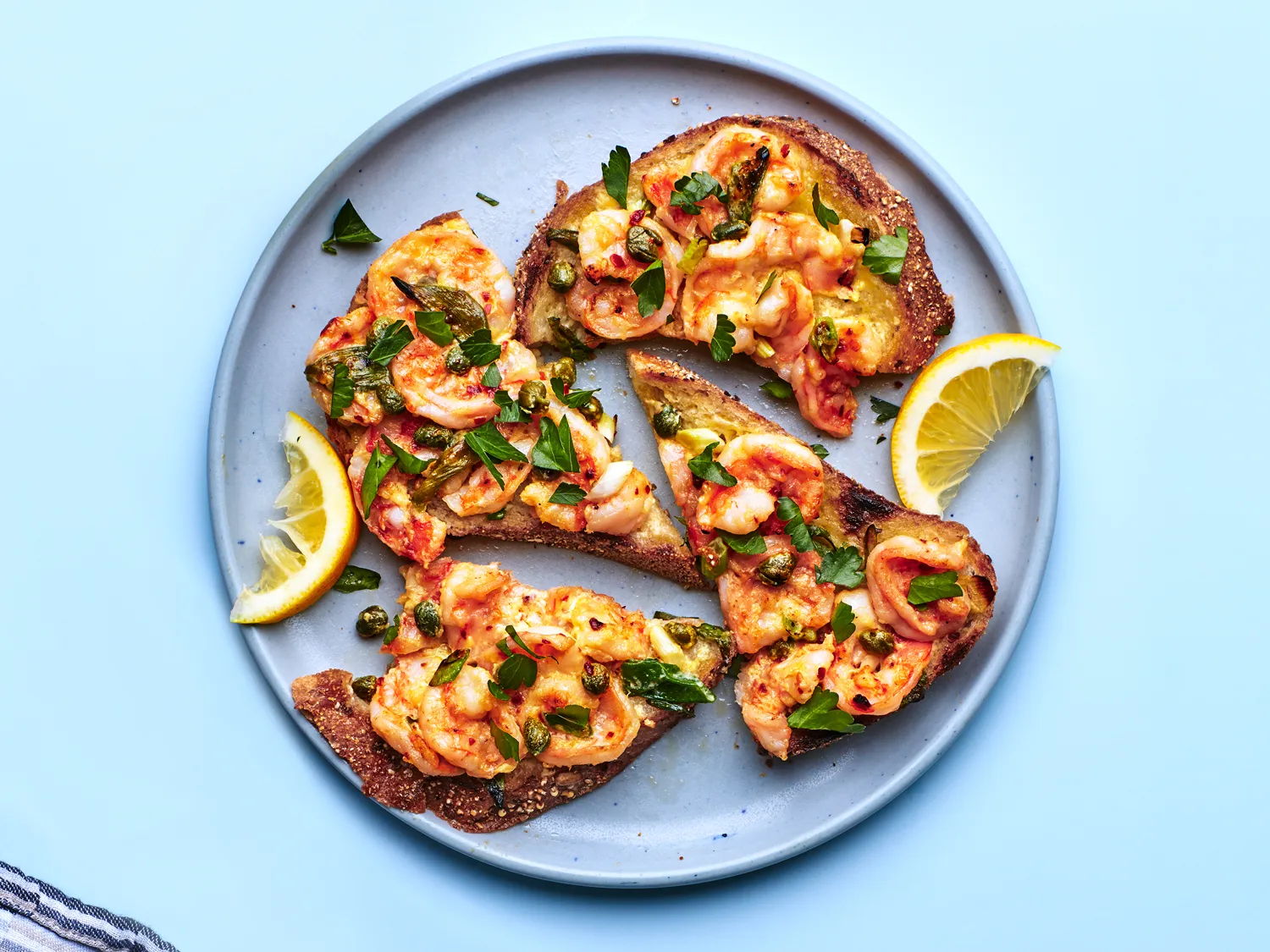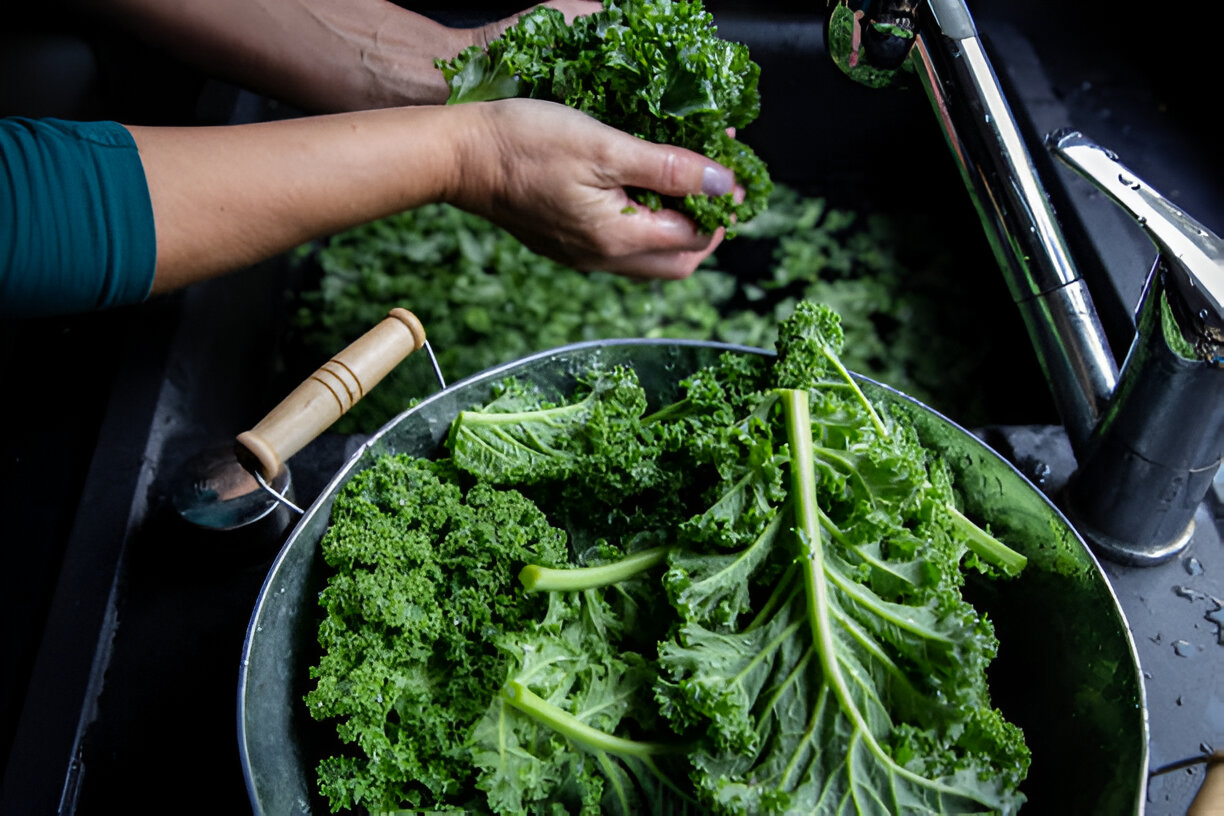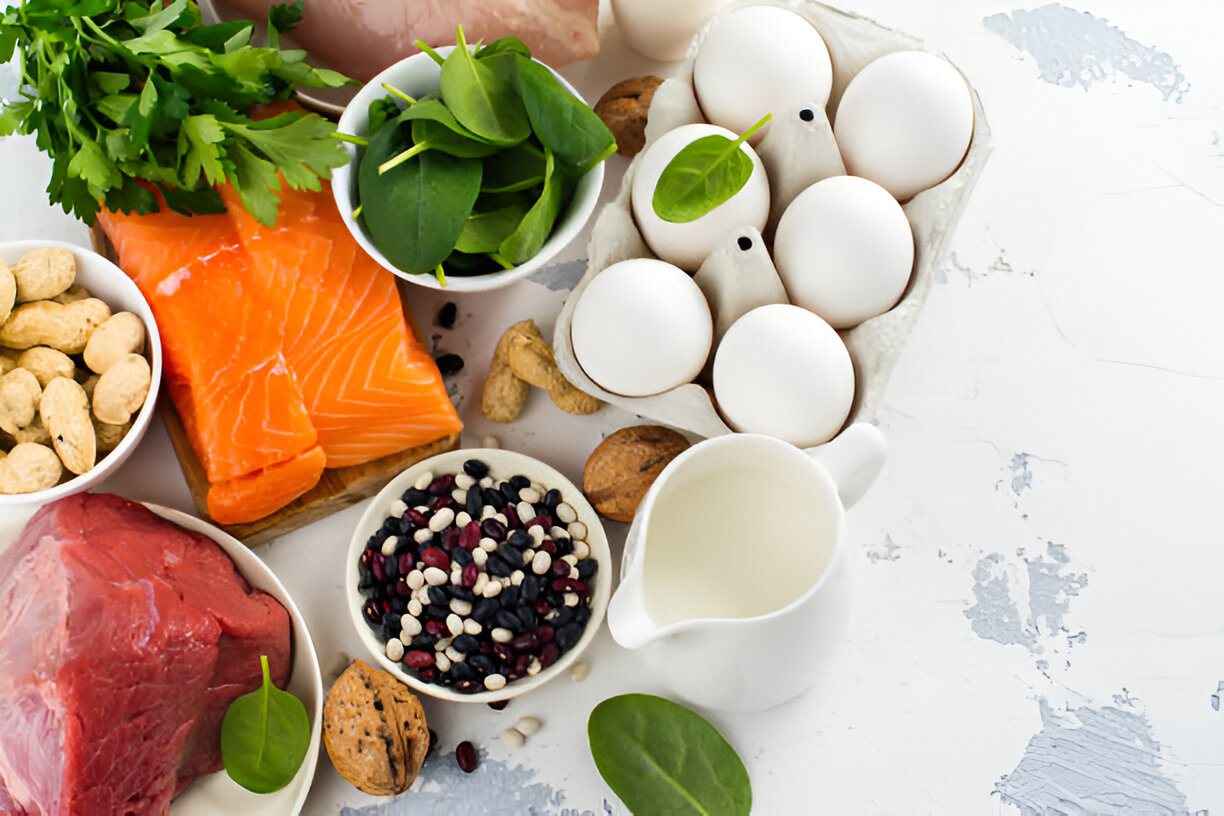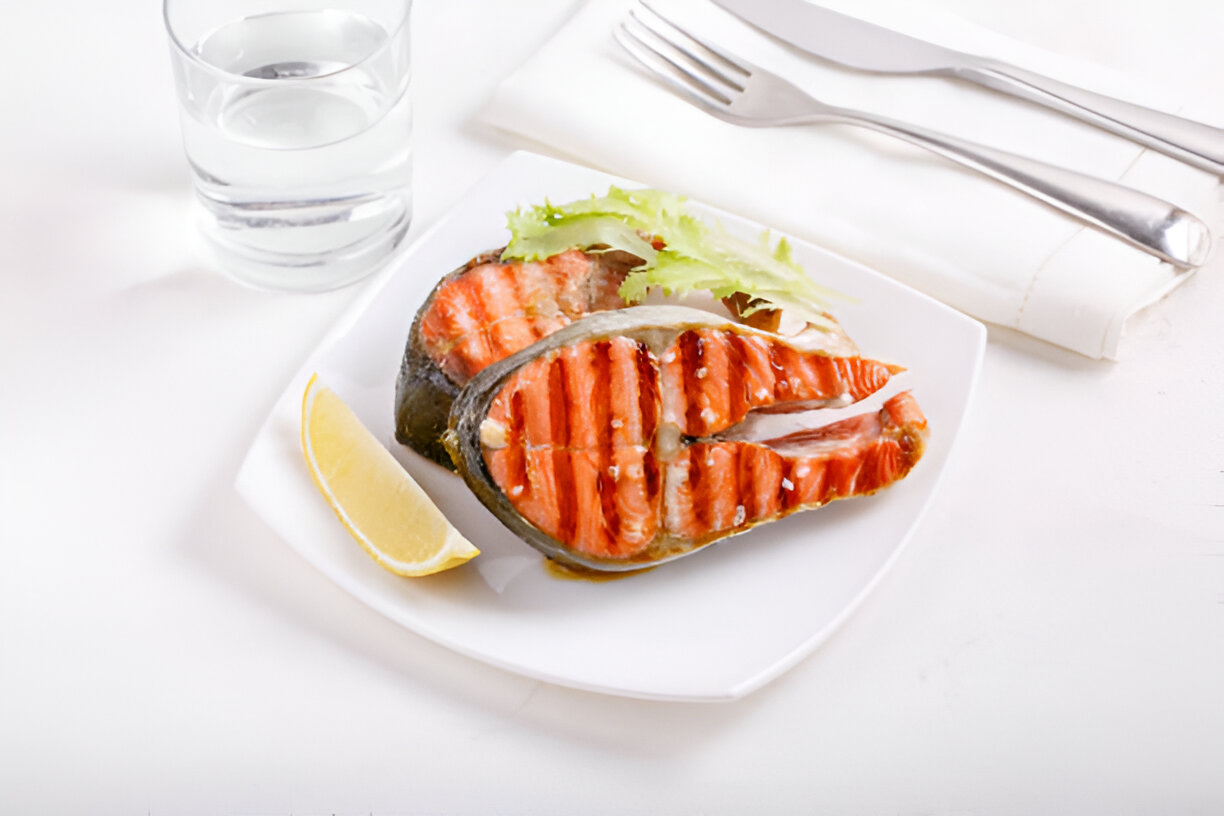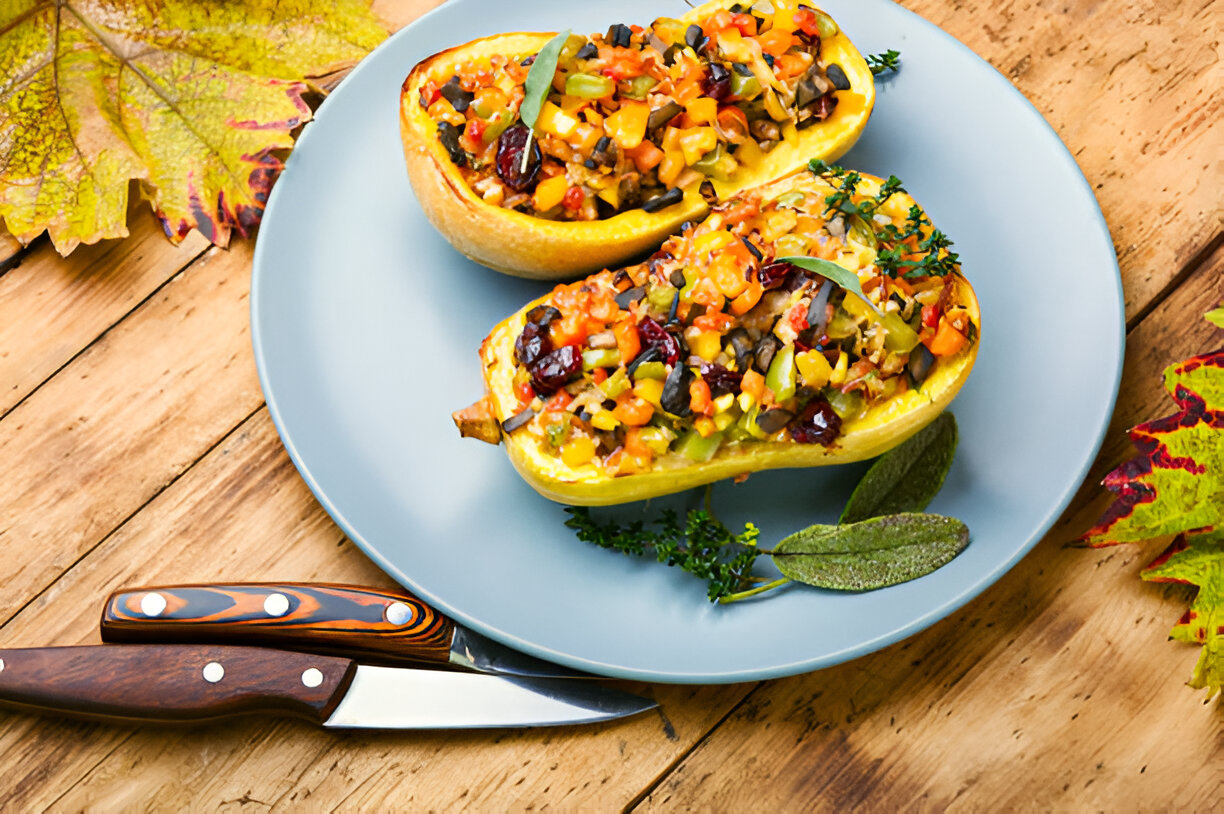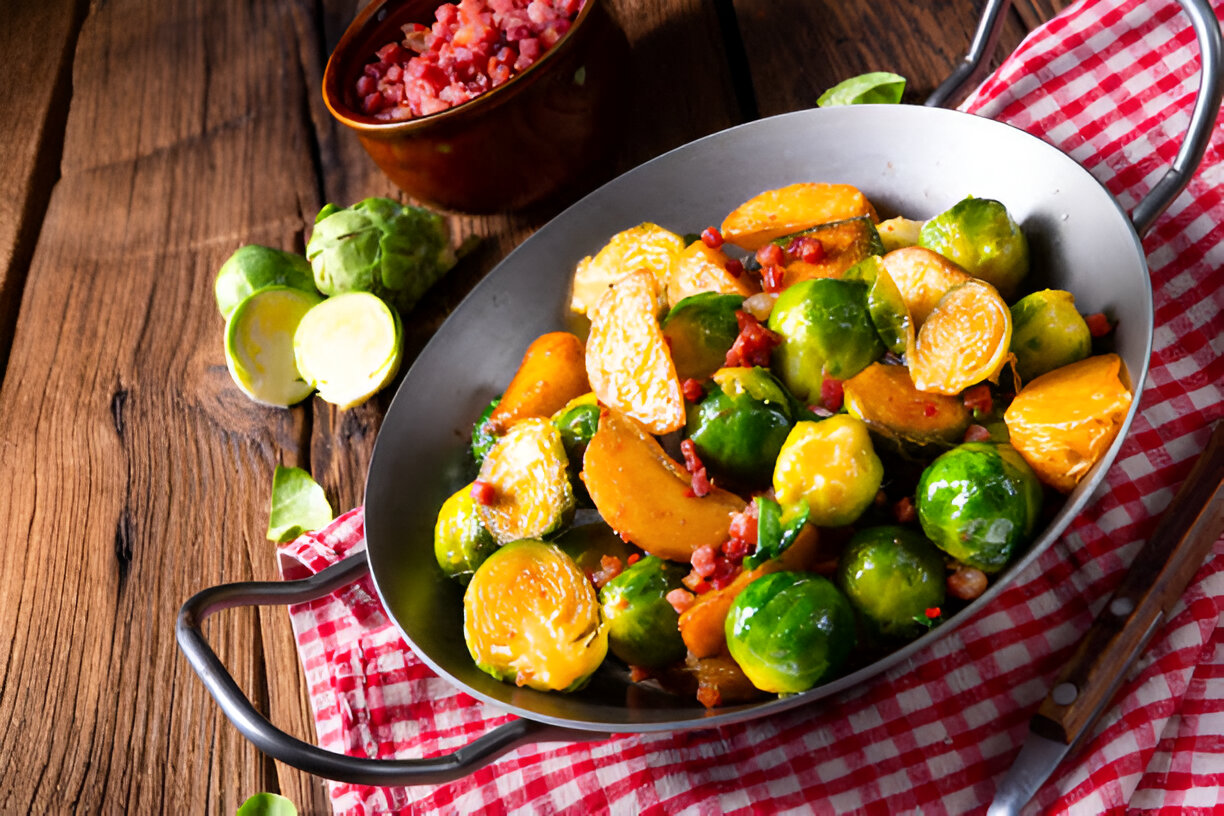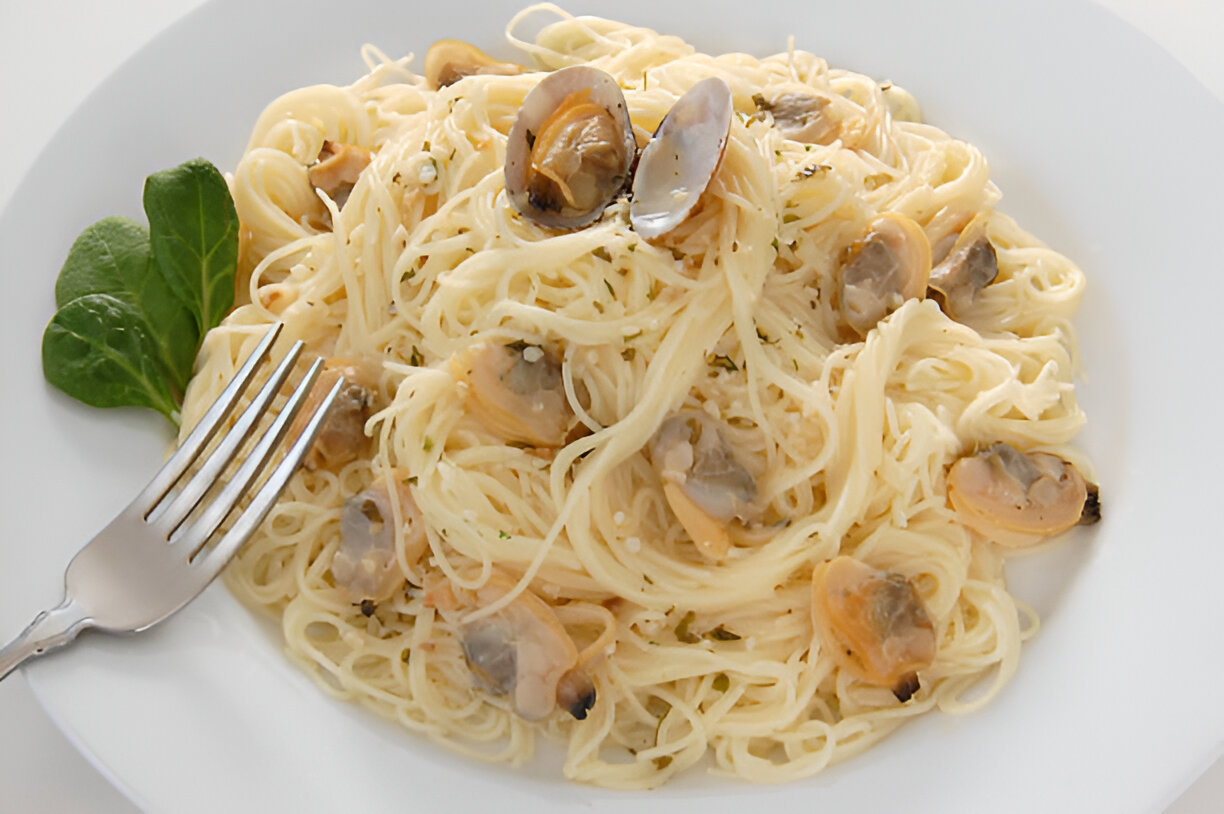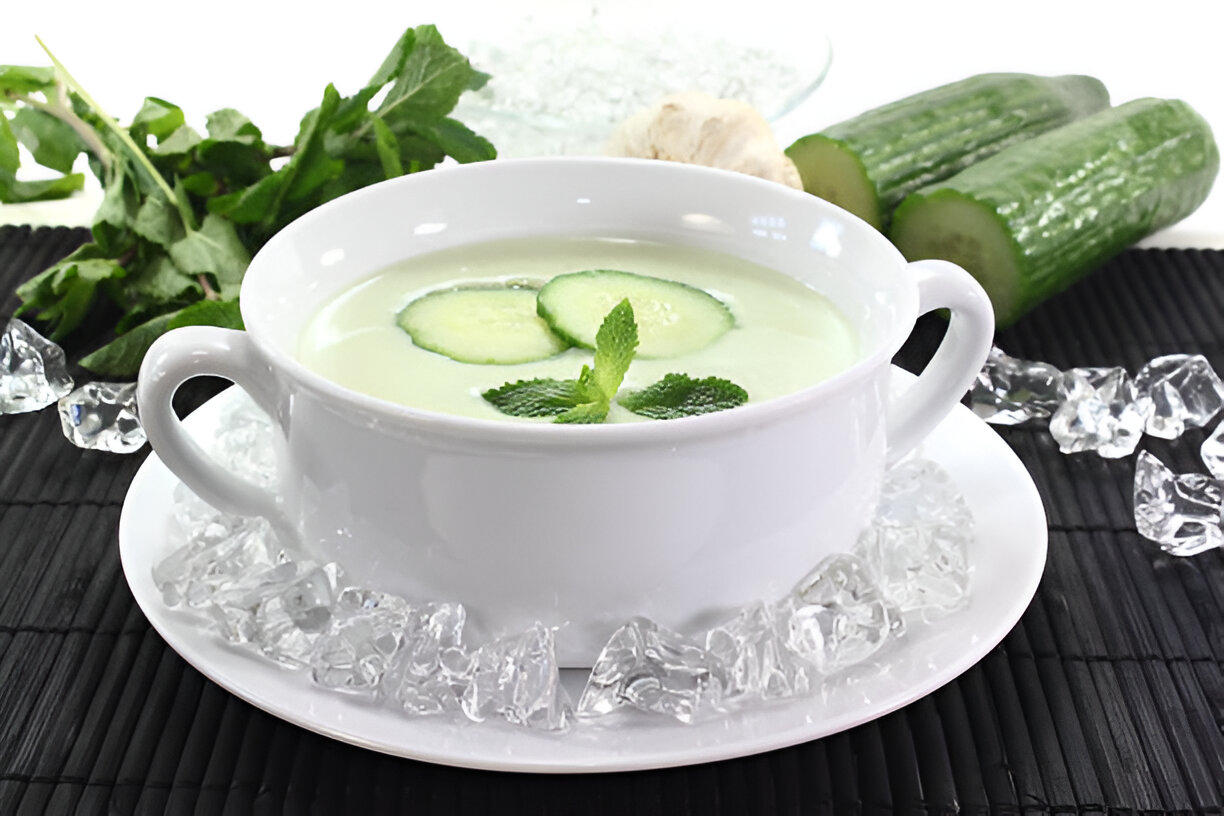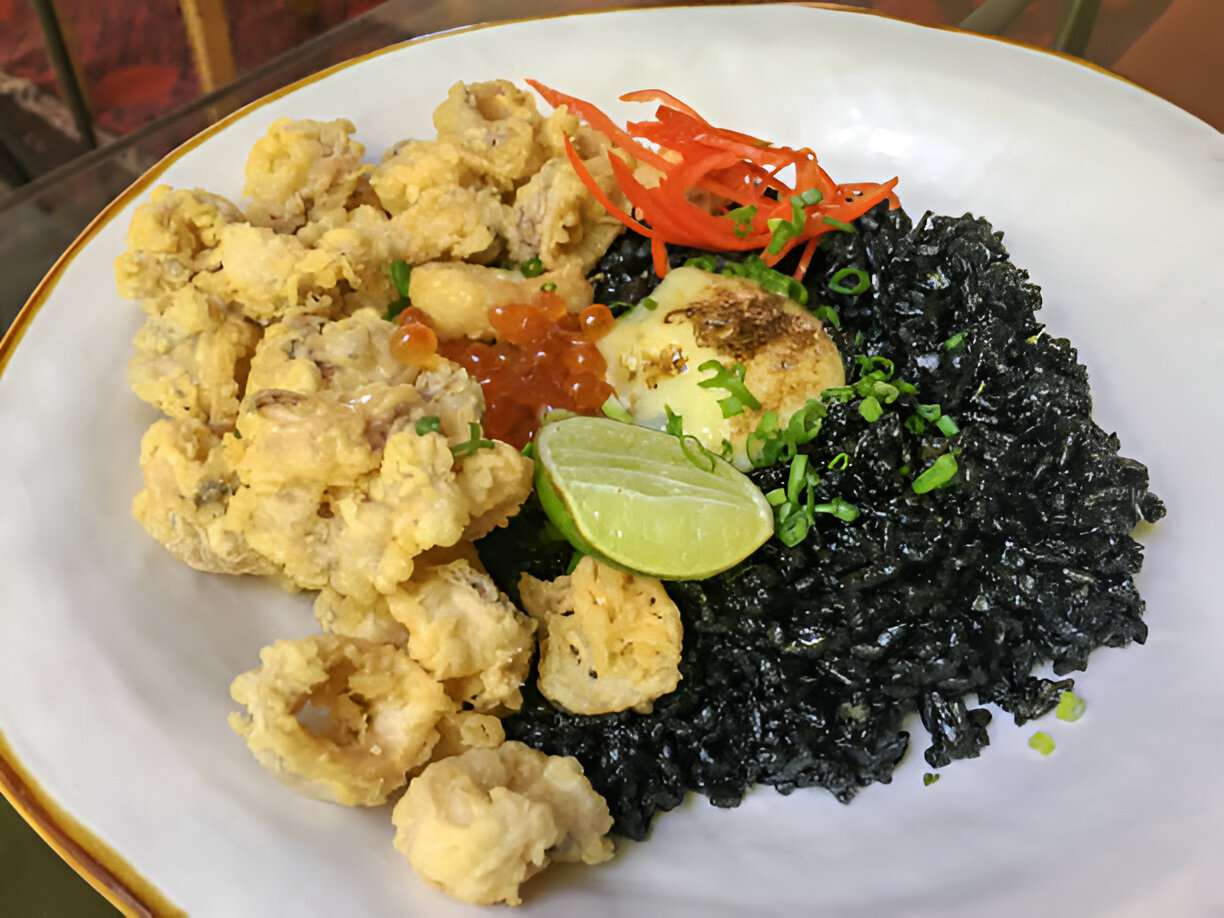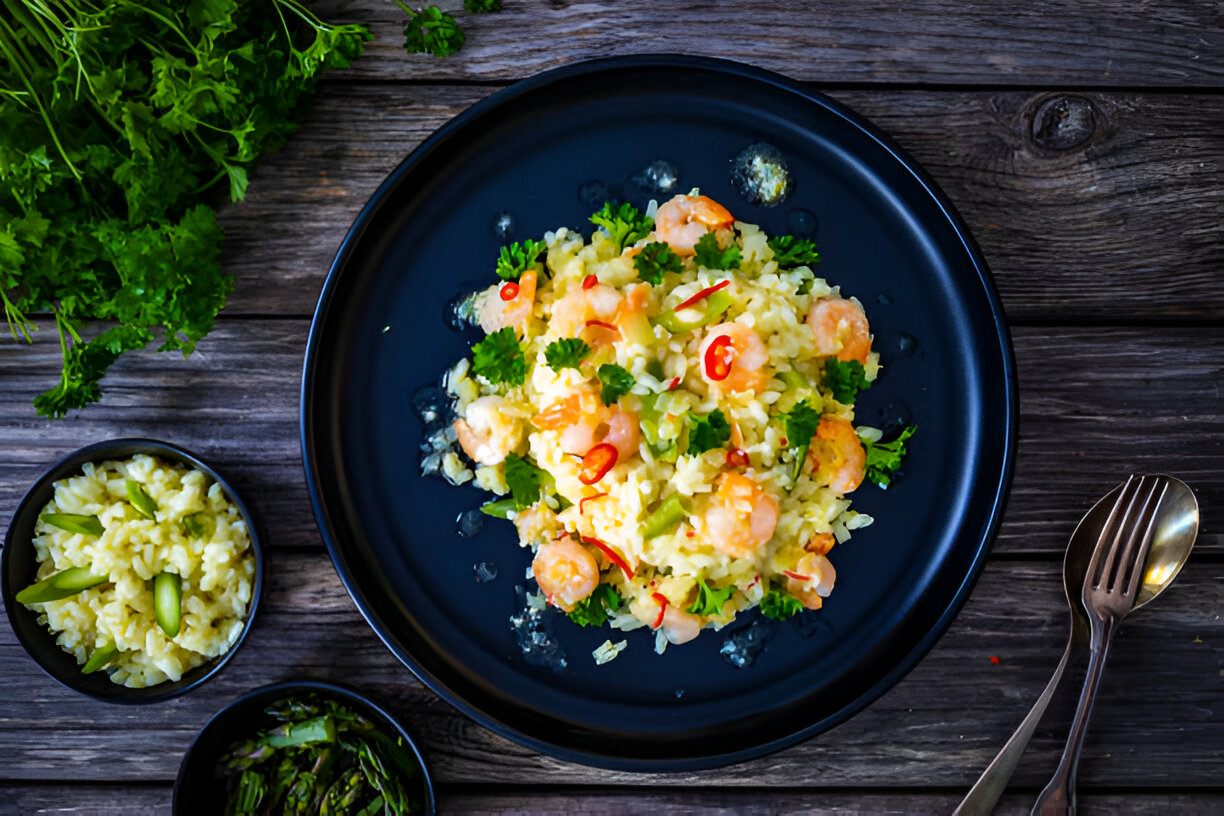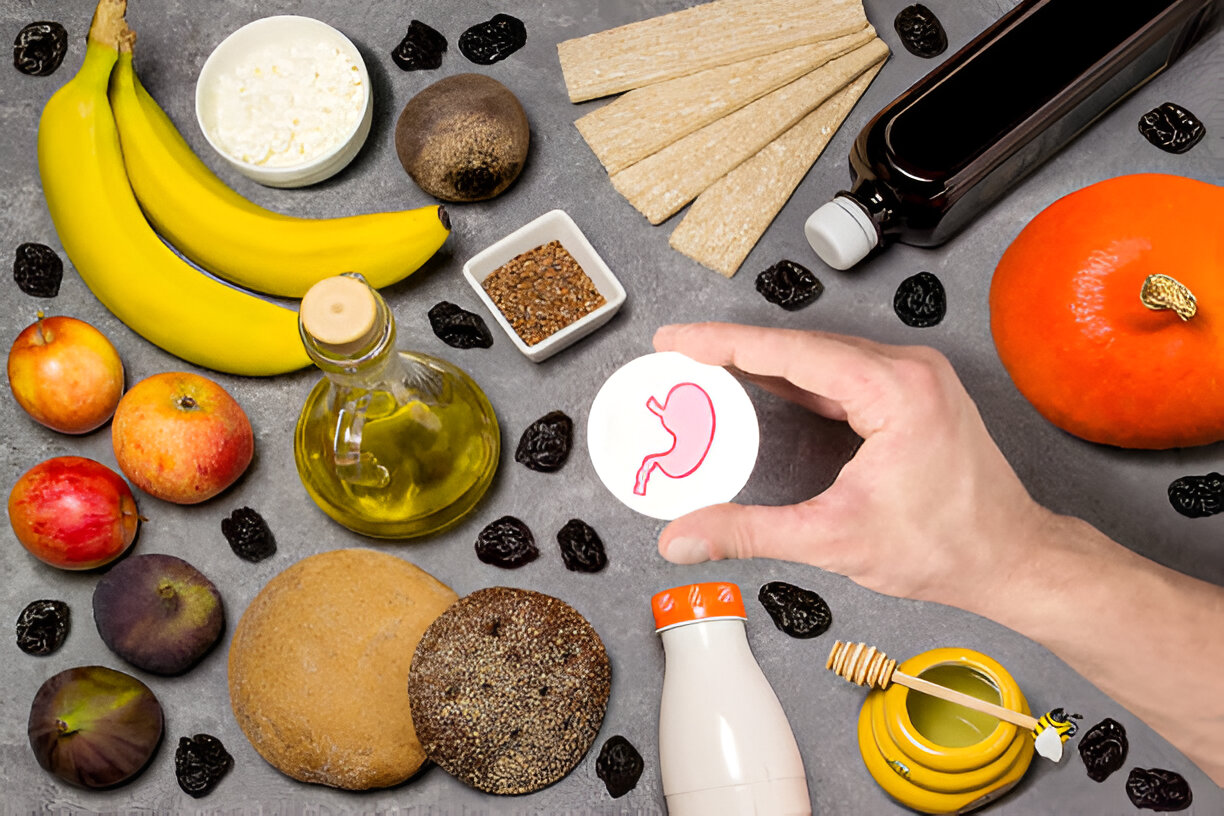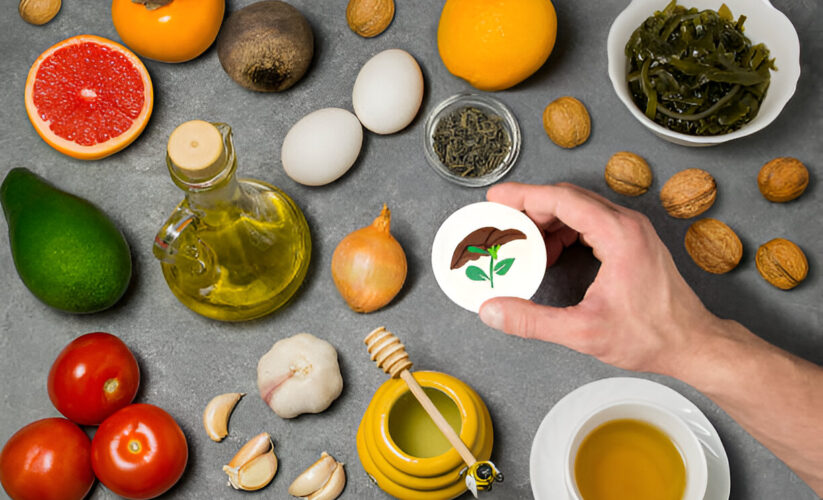

In the perennial quest for longevity, there are no miracle cures. But what's on your plate matters more than you think. Here are 10 foods to make sure are in your pantry -- as well as delicious recipes to use them.
Healthy Greens
How They Help
They contain folate, calcium, and other nutrients that support bone health, protect against cognitive decline, and help prevent age-related eye problems. Diets high in cruciferous veggies, such as broccoli and cabbage, help reduce risk of memory loss and cancer.
How to Eat
Crucifers and leafy greens like kale, escarole, and spinach make delicious additions to all manner of dishes, including stir-fries, salads, stews, and soups.
Try This:
Hearty Garlic Greens
Whole Grains
How They Help
Rich in fiber, vitamins, minerals, and antioxidants, whole grains can lower the risk of age-related illnesses like cardiovascular disease and cancer. Because they're digested more slowly than processed grains, they also help prevent high blood sugar and diabetes.
How to Eat
Grains such as brown rice, quinoa, barley, oatmeal, and millet make hearty side or main dishes -- even breakfasts. They're more filling than a plain white bagel.
Try This:
Brown Rice Stir-Fry
Berries
How They Help
Blueberries, blackberries, and cranberries are rich in antioxidant compounds known as anthocyanins, which have been shown to slow the growth of certain cancers as well as improve brain function, muscle tone, and balance.
How to Eat
Choose fresh berries when they're in season or frozen varieties year-round. Enjoy them alone as a snack, in salads and smoothies, or in cooked sauces.
Try This:
Berry Pizza
Olive Oil
How It Helps
Rich in antioxidants and anti-inflammatory monounsaturated fat, olive oil figures prominently in the Mediterranean diet. It may explain the lower rates of cardiovascular disease, cancer, and age-related cognitive decline in people who follow this way of eating.
How to Eat
Take a cue from the Mediterranean diet and make olive oil your main cooking oil. Also use it in salad dressings or as a great dip for bread (skip the butter).
Try This:
4 Healthy Salad Dressings
Tomatoes
How They Help
Certain red fruits -- including tomatoes -- contain lycopene, an antioxidant compound that helps maintain youthful skin texture and may reduce the risk of some types of cancer (especially prostate, lung, and stomach cancers) and heart disease.
How to Eat
For lycopene content, go for cooked tomatoes (in sauces and pastes) rather than raw. The cooking process creates a more concentrated source of this nutrient.
Try This:
Roma Tomato Salad with Feta and Garlic
Nuts
How They Help
Varieties such as almonds and walnuts contain a generous helping of healthy fats, vitamins, and protein that benefit cardiovascular and brain health. Nuts are also high in compounds that ease inflammation.
How to Eat
Snack on 1/4 to 1/2 cup of nuts, preferably almonds or walnuts, four to five times a week. Keep in mind that peanuts are not true nuts; they're legumes
.
Try This:
Spiced Walnuts
Red Grapes
How They Help
Grapes offer an antioxidant called resveratrol that's been shown to extend the lives of lab animals. Resveratrol has anti-inflammatory and anticoagulant properties, which may explain why red wine and purple grape juice also help promote heart health.
How to Eat
Eat grapes or drink unsweetened purple grape juice. Don't start drinking alcohol for resveratrol, but if you like red wine and drink it in moderation, you'll get the benefits.
Try This:
Tumeric Couscous with Grapes and Pine Nuts
Fish
How It Helps
An important part of the Japanese and Mediterranean diets, oily fish provide omega-3 fatty acids that help combat inflammation in the body. People who eat several weekly servings of such fish have a lower risk of Alzheimer's disease and stroke.
How to Eat
Choose fish that's less likely to be contaminated with mercury and other pollutants, such as wild Alaskan salmon, Alaskan black cod, and canned sardines.
Try This:
Hoisin-Glazed Black Cod with Bok Choy
Tea
How It Helps
It contains EGCG, one of the most powerful antioxidants known; of the various types of tea, white and green tea contain the most. Numerous studies have linked tea consumption to lower rates of conditions such as heart disease, cancer, and Alzheimer's disease.
How to Drink
Choose organic tea, either loose or in bags. For the best protection, drink up to four cups daily. Avoid combining with milk, as dairy proteins may block tea's antioxidant activity.
Try This:
3 Wonder Teas
Herbs and Spices
How They Help
Spices like turmeric and ginger contain anti-inflammatory compounds that may reduce the risk of age-related conditions like Alzheimer's. The antioxidant substances in garlic and onions may protect against heart disease and cancer; cinnamon may help lower blood sugar.
How to Eat
Get in the habit of seasoning foods liberally with herbs and spices. Enjoy turmeric in curry dishes, and use garlic and onion as a go-to base for soups and sauces.
Try This:
The Healthiest Spices
First Published: March 2008










